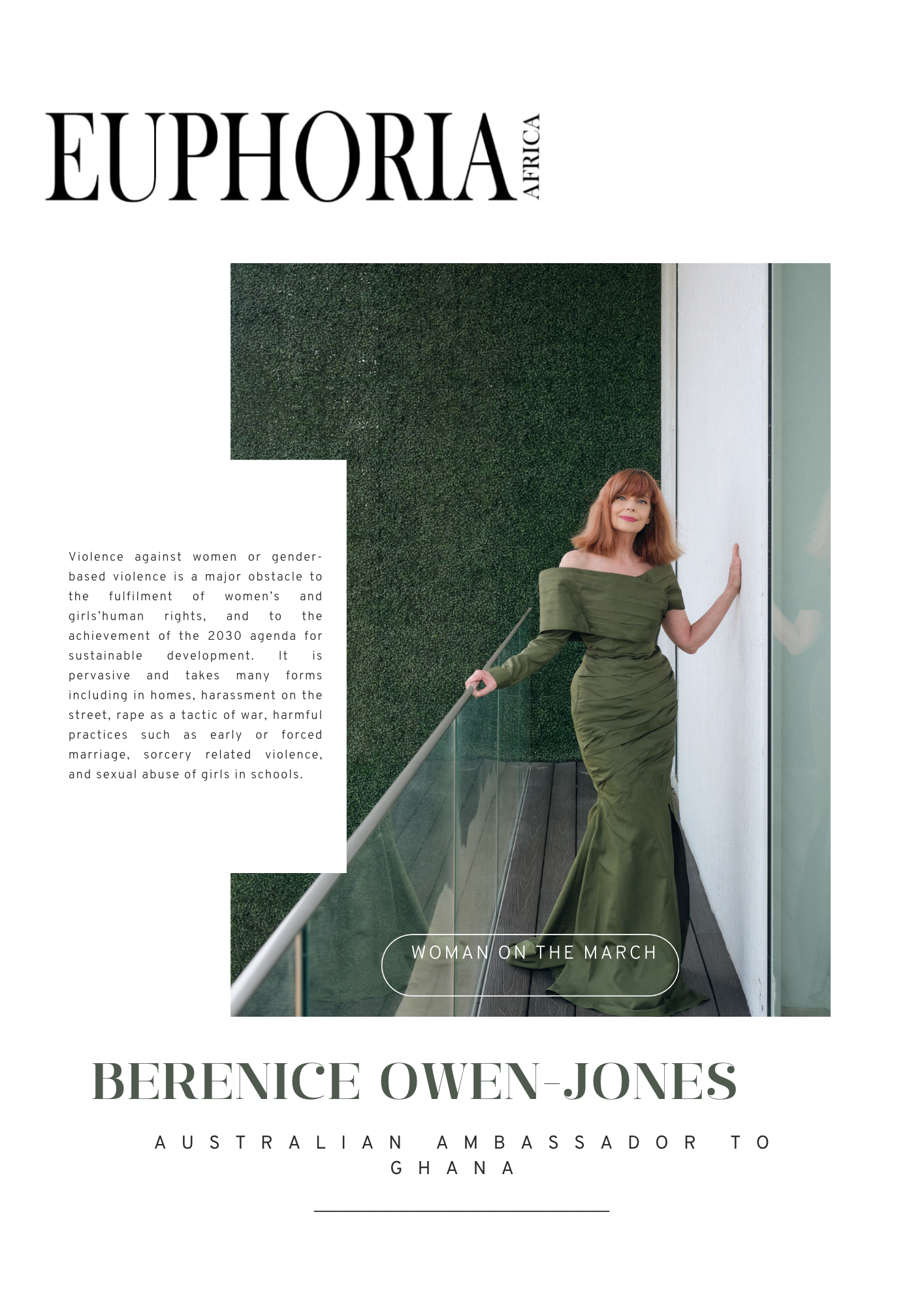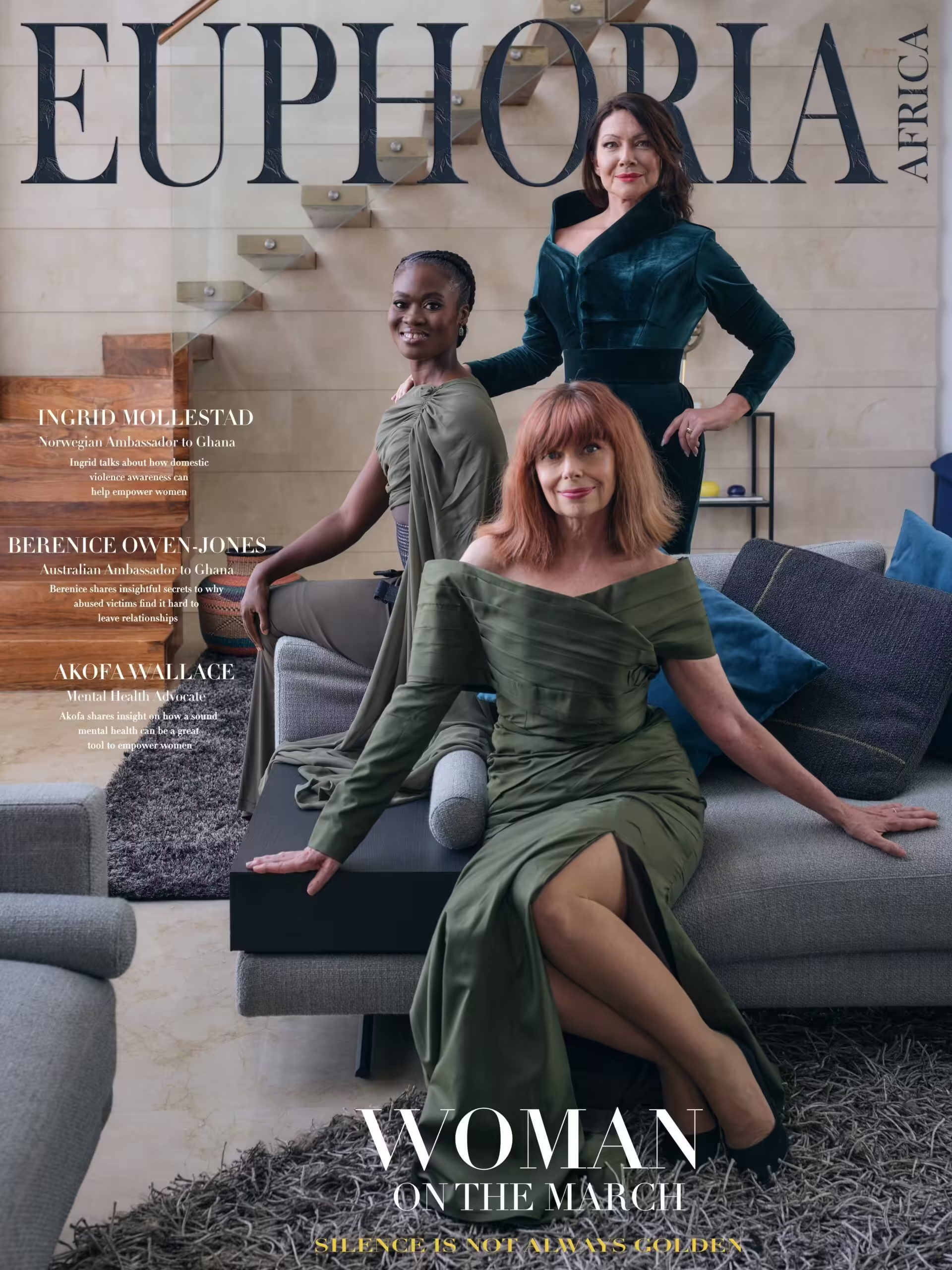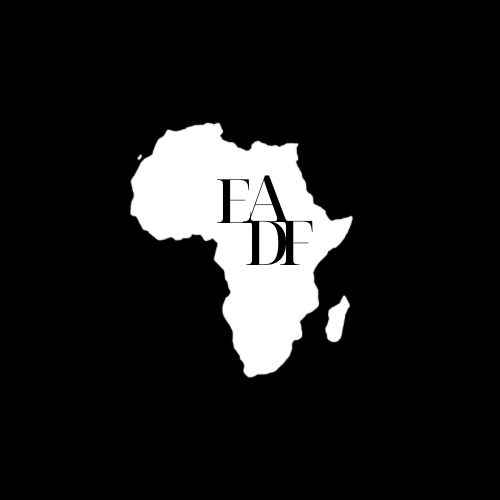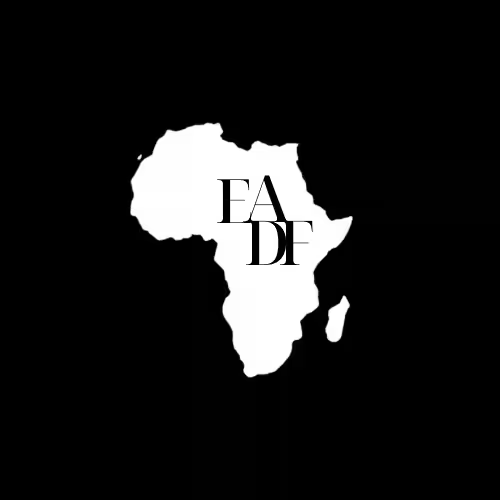Mrs Berenice Owen-Jones: Australian High Commissioner to Ghana

*What can they do in such situations?
The first thing is to acknowledge the problem, and for all the reasons I have outlined, that is often the hardest part of the solution. It is very much a first step. The second step is to recognize that it is not just a private matter – it is a crime. It is a criminal matter and should be reported. And the fact is sometimes the victim is being talked out of it. Someone will say, “Well, why don’t you make the marriage work?” But often that is not possible. The third solution or potential solution is to look for protection, look for help. The Ghanaian government started a centre quite recently, less than 10 years ago, DOVVSU (Domestic Violence and Victims Support Unit) for victims of domestic violence and abuse. It is actually in the police headquarters in Accra. I visited DOVVSU and it is extremely impressive. It is a one stop shop for women. It deals with prevention, treatment, but also prosecution of the perpetrators. I visited the courts there. It is a fantastic centre for women. The Australian High Commission was very pleased to help with the establishment of a helpline, and the helpline is another tool that is available. The Australian High Commission has also supported Pearl Safe Haven, which provides a safe space for women to start to rebuild their lives after they have been the victims of domestic abuse – women and their children, of course. I am very proud that the Australian High Commission has been a long-term supporter of both centres.
*Does Women Empowerment increase the chances of domestic violence?
I can understand why you would ask that question, because in some cultural contexts, women empowerment can mean, particularly in patriarchal societies, that somehow the order of things is being challenged. For instance, if a woman makes more money than her husband, that can be a difficult situation to be in. The fact is, in some cultures, the man is meant to be the sole breadwinner. So I can see how that can be an issue. Any women empowerment program or initiative should take those cultural factors into account. That said, research has shown that the economic empowerment of women and programs that increase pay parity, women’s access to the same opportunities in the workforce, and above all education, lead to a better outcome for women, give them more autonomy, more agency over their destiny, and it makes them less vulnerable to domestic abuse.
*Why is it hard for abused victims to leave marriages?
It is hard for a number of factors. First of all, it can be dangerous for a woman to leave. She may be threatened, perhaps her children are being threatened. There are all sorts of reasons. The other factor is isolation. So often, women have no one to turn to – no support in the community. Another factor can be mental health. It is a very depressing situation, so there could be depression. That takes all drive and initiative away from the victim. Another factor, of course, is lack of resources. The woman is totally dependent financially, and in some cases there are complicated custody issues. There are also institutional factors. In some countries there is nowhere for the abused woman to go. There is no protection for her, no safe havens, and sometimes the institutional response is lacking. The police do not take the complaints seriously, so again the victim has nowhere to go. There are also social factors. There is often a stigma attached to leaving one’s family. For all these reasons, women and victims of domestic violence or abuse need support.

*How does Australia address domestic violence?
We are certainly putting a huge emphasis on it. No country is immune: it is insidious. It is endemic in some parts of our region. We have done a great deal to shine a light on it and to find ways to tackle it and change social norms and attitudes. There has been a concerted campaign against gender-based violence in Australia and extensive funding of shelters, and refugees access to justice, and training for all the stakeholders including the police and social services. So we are focused on both prevention and providing support to the survivors of domestic violence.

*Are there specific programs implemented by the Australian High commission?
In Ghana, we support a number of projects to help address the issue of domestic violence mainly through our direct aid program, our small grants program. For example, we have provided funding to set up a special hotline at the Domestic Violence and Victim Support Unit (DOVVSU) at the police headquarters in Accra. We have also supported, for a number of years, a women’s emergency shelter, Pearl Safe Haven, which helps victims of domestic violence and their children rebuild their lives after trauma. The safe house provides a skills program for the women, to help them on their way to economic independence and income generation. More broadly, gender equality and safety for women and girls are major priorities of the Australian government and this is reflected in our development and foreign policies.
*What strategies does Australia employ to raise awareness about domestic violence and gender equality?
Domestic violence affects all communities and countries, including Australia. As mentioned, there have been a series of targeted media campaigns with a clear message – real men and strong men are those who stand up against violence. We have also had very high profile Australians of the Year who have spoken out as victims of domestic abuse and called for zero tolerance.
*How does a high commission collaborate with local authorities to address domestic abuse?
I have already mentioned the excellent work of the Domestic Violence and Victim Support Unit. We are proud to have funded the helpline, part of a facility which is a one stop shop for victims of domestic violence, including access to medical facilities, somewhere to sleep, and even access to the courts, all under the same roof. The problem is that there are not enough facilities like that in Ghana, or if there are, they are inadequate or underfunded.
*In your country what are the key challenges faced in addressing domestic violence and how can we cooperate internationally?
Domestic violence has been described as a global epidemic and is perhaps the most widespread and socially tolerated form of human rights violation. Women of all ages, races, cultures, and socio-economic situations are affected by various forms of violence, and this in turn affects the development of our communities and societies. Violence against women, or gender-based violence, is a major obstacle to the fulfilment of women’s and girls’ human rights, and to the achievement of the 2030 agenda for sustainable development. It is pervasive and takes many forms, including in homes, harassment on the street, rape as a tactic of war, harmful practices such as early or forced marriage, sorcery related violence, and sexual abuse of girls in schools. Australia is a long-standing supporter of the UN women’s ending violence against women and girls’ global, regional and bilateral programs, and provided funding since its establishment in 2010. This is in recognition of the fact that ending violence against women and children requires an effective international response. Here in Ghana, we have been pleased to support initiatives that contribute to ending sexual and gender-based violence, to advancing women’s economic empowerment, and to enhancing women’s leadership.


